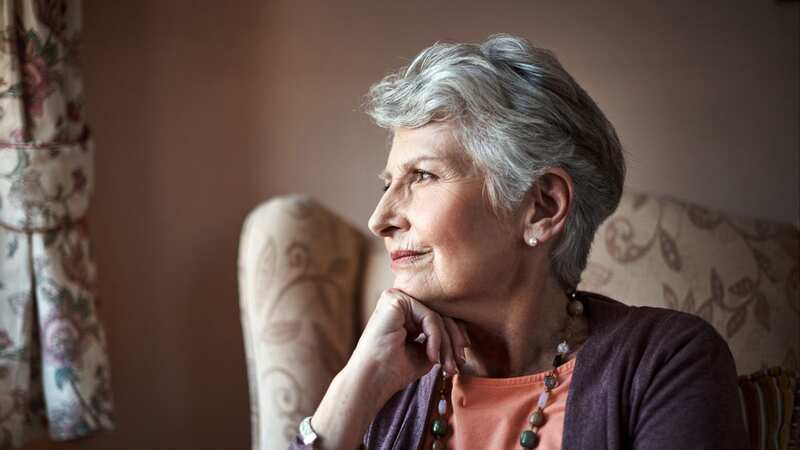'Socially frail adults lack control over their lives'
We all understand what physical frailty is – a set of vulnerabilities including physical weakness, weight loss, exhaustion, slowness and low physical activity.
Physical frailty increases the risk of falls, disability, hospitalisation, poor surgical outcomes, admission to a nursing home and earlier death in older adults. People who are frail have less strength and ability to bounce back from illness or injury.
Then there’s social frailty, where people don’t have close relationships, can’t rely on others for help, aren’t active in community groups or religious organisations and live in neighbourhoods that feel unsafe. People who are socially frail can feel a lack of control over their lives and don’t feel valued by others.
Researchers at Massachusetts General Hospital and the University of California published a 10-item Social Frailty Index that helps predict the risk of death in a significant number of older people. “Our goal is to help clinicians identify older patients who are socially frail and to prompt problem solving designed to help them cope with various challenges,” said Dr Sachin Shah, a co-author of the paper and a researcher at Massachusetts General Hospital.
Meanwhile, a team of Chinese researchers recently published a comprehensive review of social frailty in adults aged 60 and older, based on results from dozens of studies with about 83,900 participants in Japan, China, Korea, and Europe. They determined that 24% of these older adults, assessed both in hospitals and in the community, were socially frail – a higher proportion than those deemed physically frail (12%) or cognitively frail (9%) in separate studies. Most vulnerable were people aged 75 and older.
 Baby boy has spent his life in hospital as doctors are 'scared' to discharge him
Baby boy has spent his life in hospital as doctors are 'scared' to discharge him
“I can see a Social Frailty Index being useful in identifying older adults who need extra assistance and directing them to community resources,” said Jennifer Ailshire, an associate professor of gerontology and sociology at the University of Southern California. Unlike other physicians, geriatricians regularly screen older adults for extra needs.
Dr William Dale, professor in supportive care medicine in Duarte, California, says: “I’ll ask, who do you depend on most and how do you depend on them? Do they bring you food? Drive you places? Come by and check on you?” Depending on the patients’ answers, Dale will refer them to a social worker or help modify their plan of care.
I fear not all GPs can routinely take the time to do this. A good start, however, would be to draw up patient “global risk assessments”, including social frailty, grading them from very high to very low. This way patients stand a better chance of getting the attention they need to live safely.
Read more similar news:
Comments:
comments powered by Disqus


































